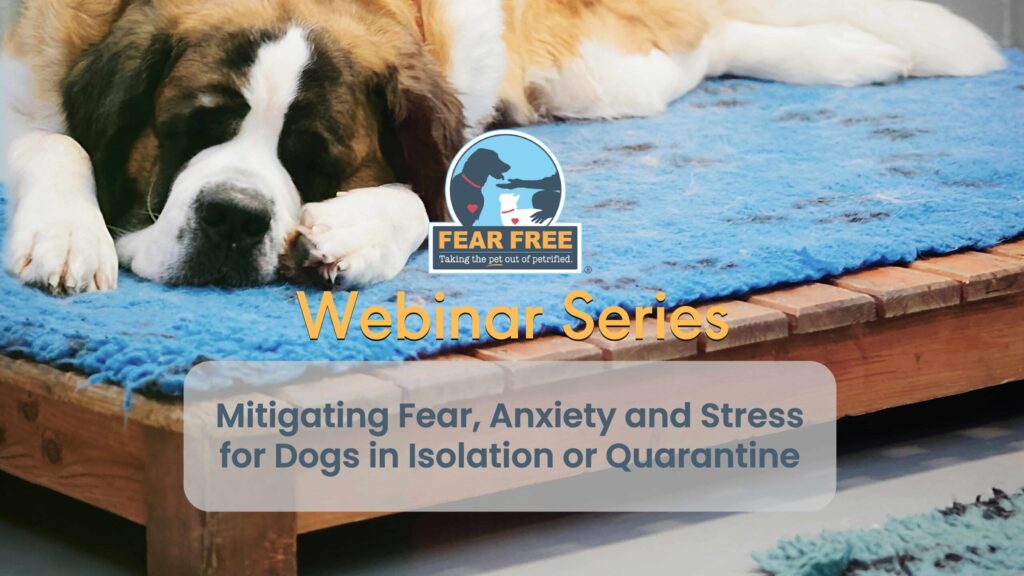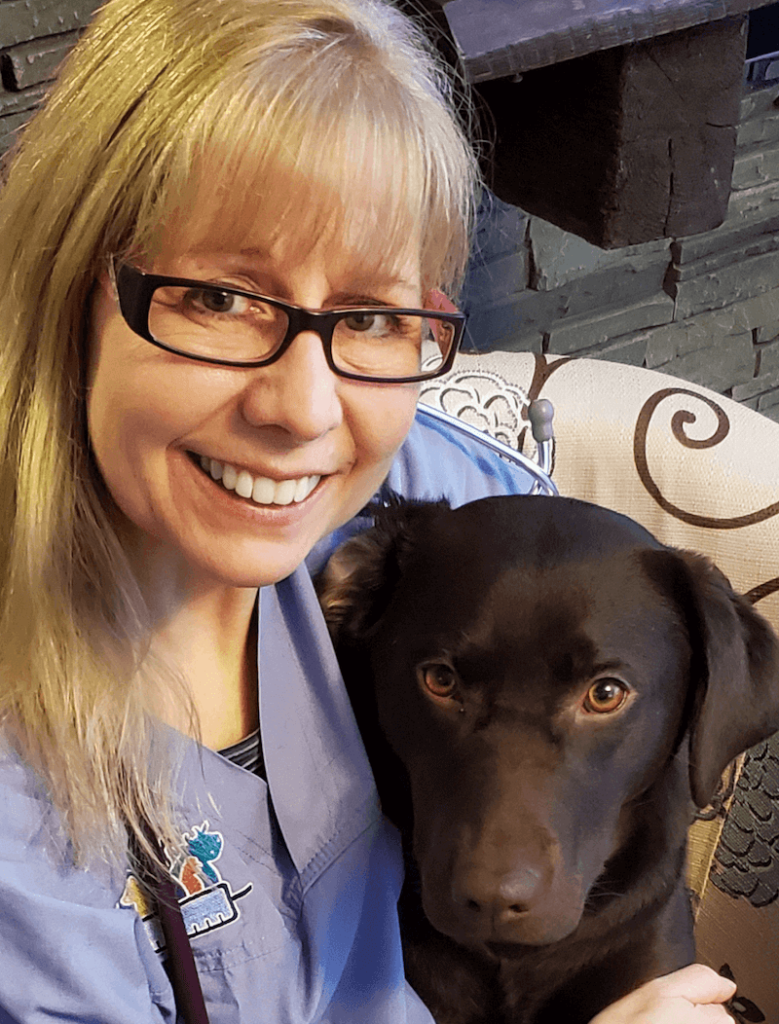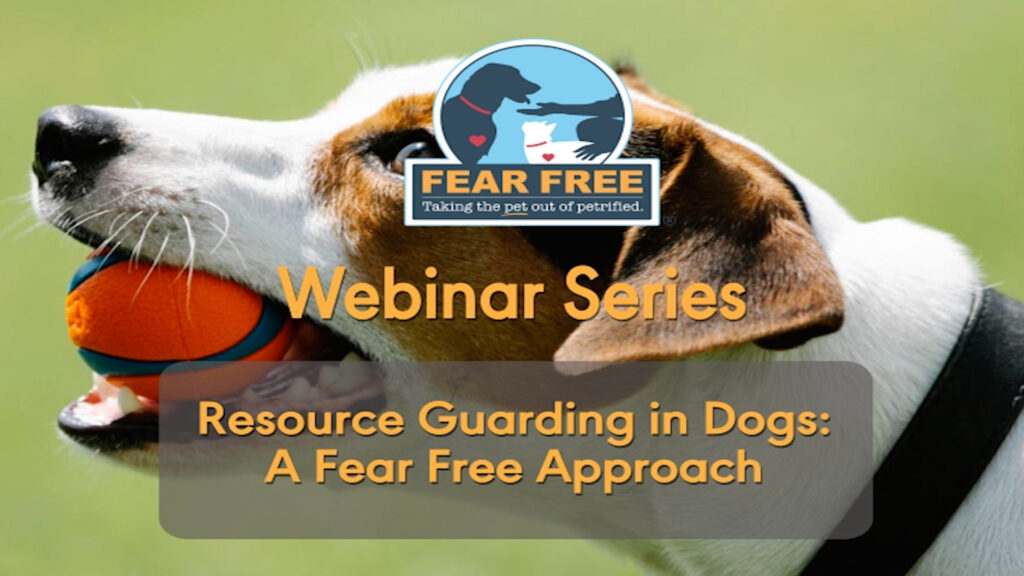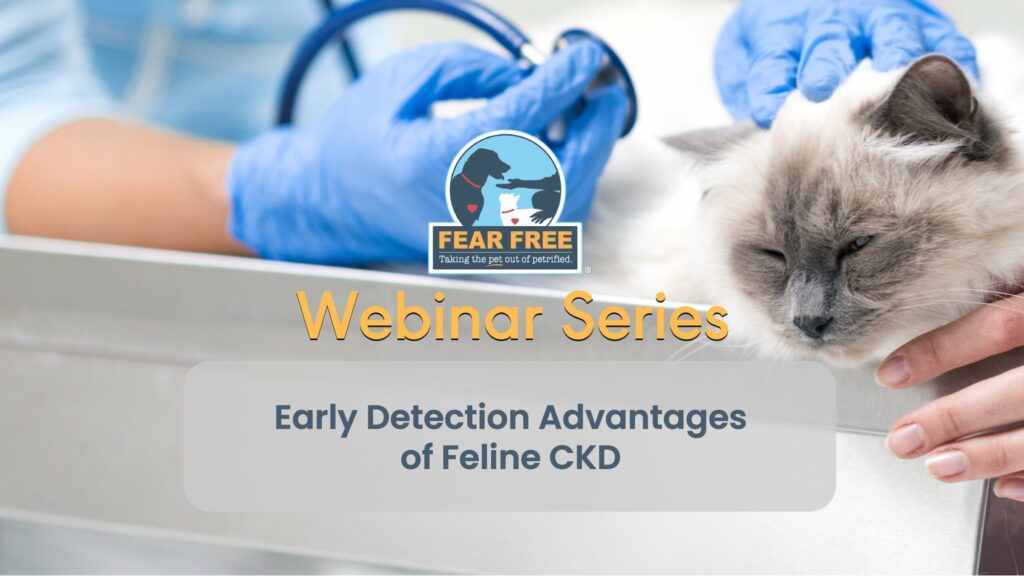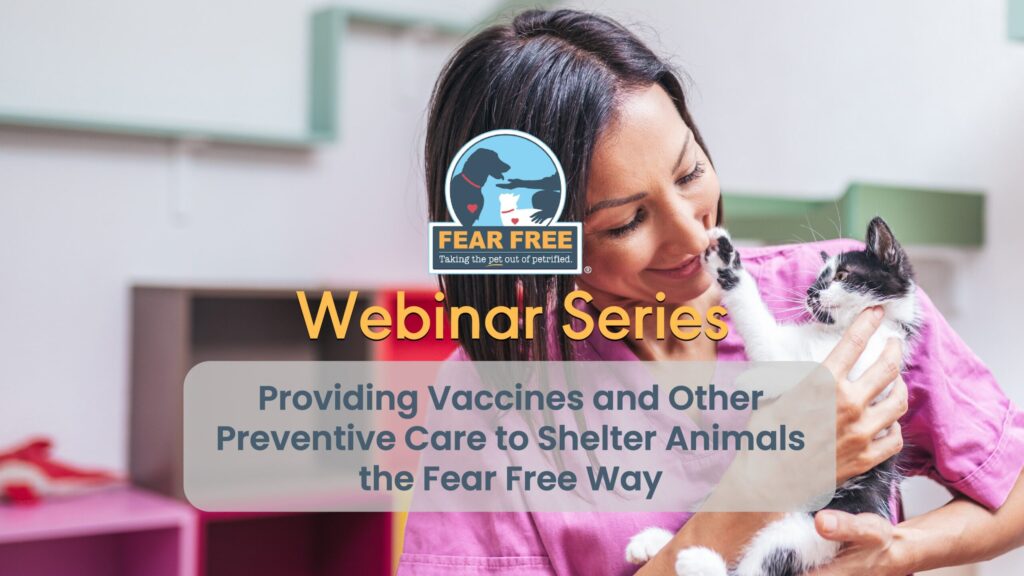
Course Overview
Michael Petty, DVM, CVPP, CVMA, CCRT, CAAPM, covers how fear, anxiety, and stress can impact pain and vice versa, along with a team- and case-based approach to diagnosing and treating feline OA. A new treatment option, recently approved for controlling the pain associated with feline OA, is also discussed.
This course is approved for one hour of RACE CE. In order to obtain the CE and certificate, you must enroll in and complete the course quiz with a score of 80% or better.
Brought to you by our friends at Zoetis
